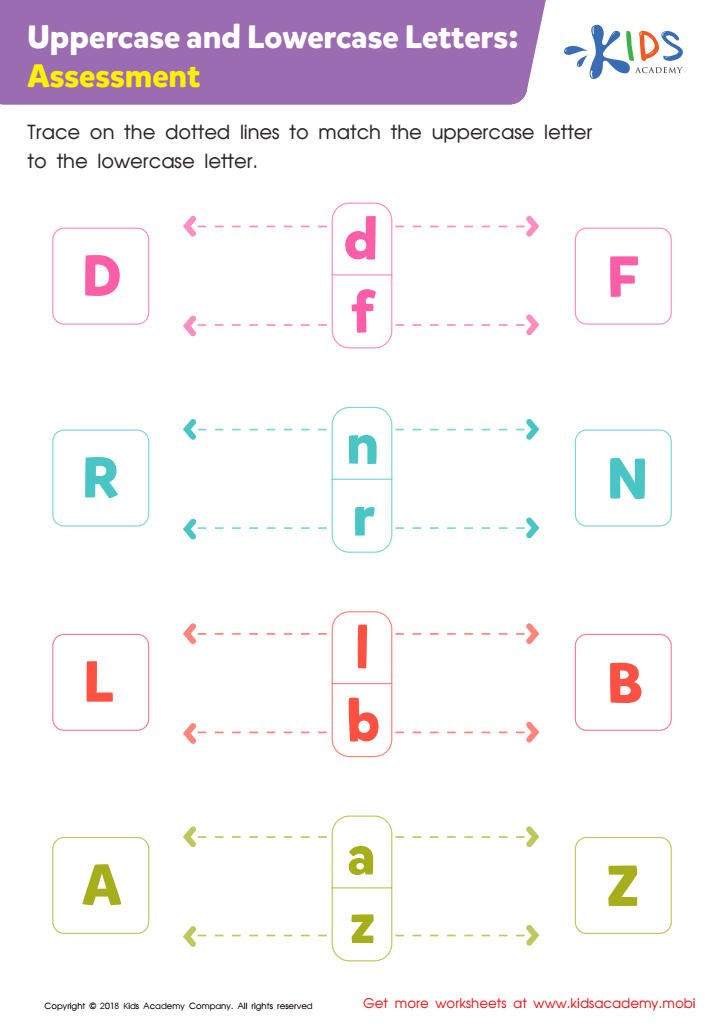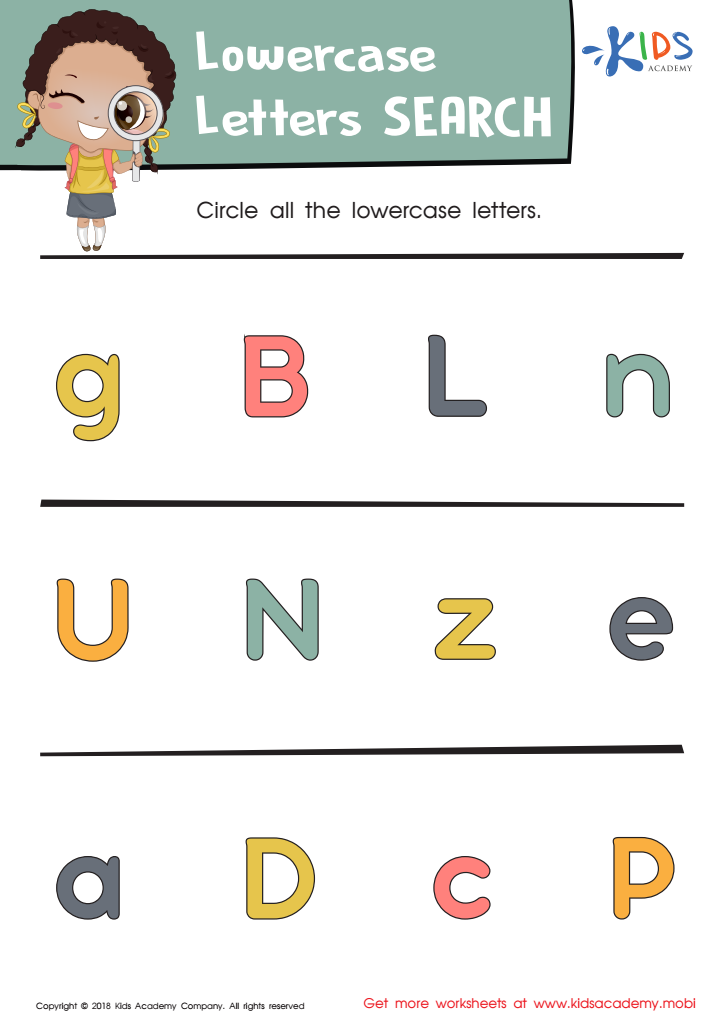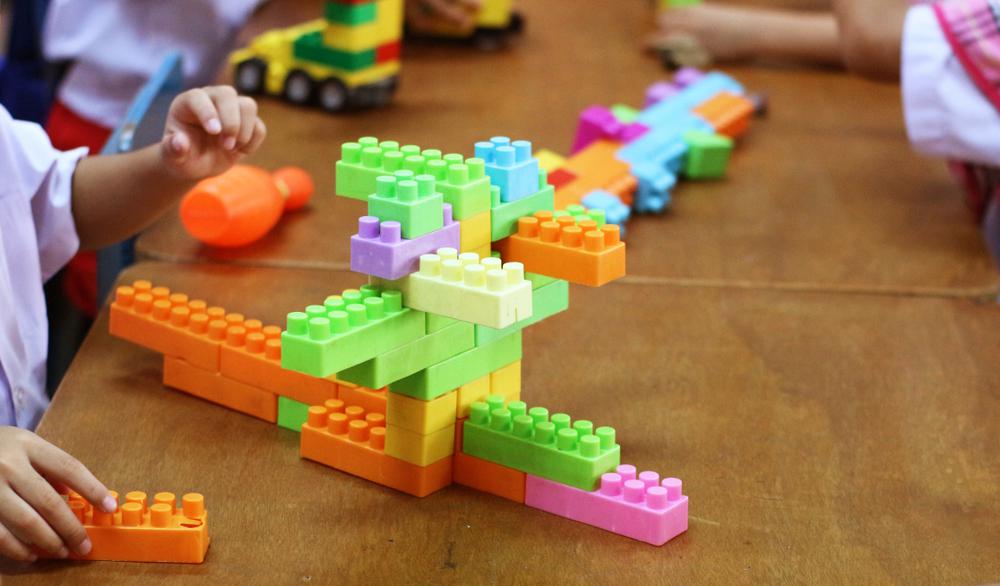Easy Lowercase/Small Letters worksheets activities
2 filtered results
-
From - To


Uppercase and Lowercase Letters: Assessment Worksheet


Lowercase Letters Search: Assessment Worksheet
Easy Lowercase/Small Letters worksheets activities are an invaluable tool in the early developmental stages of a child's literacy journey. These activities are designed to introduce young learners to the basics of the alphabet, particularly focusing on lowercase or small letters, which are frequently used in reading and writing. The simplicity of these worksheets makes them an accessible entry point for children, ensuring that the learning process is not overwhelming but instead fosters a positive and engaging educational experience.
One of the primary reasons why Easy Lowercase/Small Letters worksheets activities are so useful is that they help in enhancing fine motor skills. Through tracing, coloring, and writing lowercase letters, children develop hand-eye coordination and improve their pencil grip, preparing them for more complex writing tasks in the future. These activities also serve to reinforce letter recognition, a foundational skill in reading. Recognizing lowercase letters is essential as they make up the majority of any written text, and familiarity with these forms can significantly boost a child's reading fluency and confidence.
Moreover, Easy Lowercase/Small Letters worksheets activities support the learning process through repetition and practice in a fun and engaging manner. By repeatedly engaging with these letters in various worksheet activities, children can memorize their shapes, sounds, and how they connect to form words. This repetitive practice is crucial for retention and aids in the smoother transition to reading full sentences and paragraphs.
Additionally, these worksheets can be tailored to suit individual learning paces, making them an excellent resource for both classroom settings and home education. Teachers and parents can introduce these activities according to the child's readiness, ensuring that learning remains a positive and encouraging experience.
In conclusion, Easy Lowercase/Small Letters worksheets activities are a fundamental tool in early childhood education. They lay the groundwork for literacy by developing fine motor skills, enhancing letter recognition, and providing repeated practice in a fun and engaging way. These activities are not just about learning letters; they are about setting the stage for a lifelong journey of reading and writing.

 Assign to the classroom
Assign to the classroom











